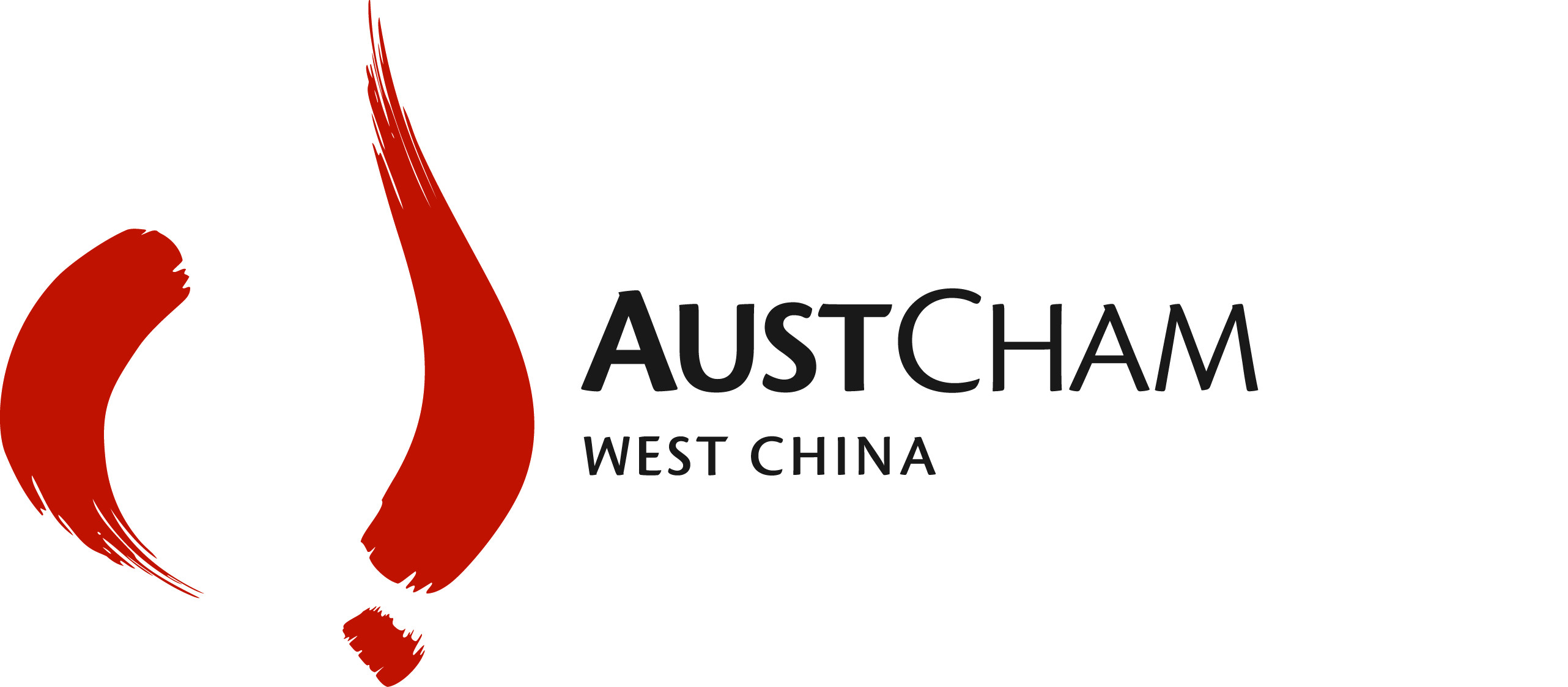2015-12-10
Inaugural ACRI-NAB Australia-China Business Engagement Index Published
The Australia-China Relations Institute in partnership with National Australia Bank have published the first-ever report comparing attitudes of Chinese and Australian business leaders towards bilateral engagement. Two polls were conducted in parallel, with NAB surveying 580 Australian business leaders and ACRI surveying 1000 Chinese-resident business leaders. Some of the key findings from the survey include:
- Ninety-four per cent of Chinese business leaders are favourable towards conducting business with Australia, with Australia ranking number one against all other countries.
- Seventy-six per cent of Chinese companies cite ChAFTA as playing some role in their decision to increase focus on Australia.
- Fifty per cent of Australian firms engage with China while ninety per cent of Chinese firms report some engagement with Australia.
- Both Australian and Chinese firms identify manufacturing and wholesale trade as focal points for further engagement.
Full report available here.
Oil prices could fall to $20 per barrel
Global Oil prices could fall as low as $US20 a barrel next year, as OPEC’s decision to abandon a formal production quota exacerbates a bulging supply gut. The price of crude has already plunged by nearly 64 per cent since June 2014, after Saudi Arabia opted to pump at near-record levels to maintain market share while putting pressure on producers in North America. Ole Hansen, head of commodity strategy at Saxo Bank said “with no signs of non-OPEC producers, such as US and Russia, cutting back, the near-term outlook for oil remains very challenging indeed.” Click here for full article.
Chinese demand for Aussie property falls
Buyers from mainland China are turning away from Sydney and Melbourne and looking at southeast Queensland where home values are “compelling”, said real estate agent John McGrath, after McGrath Ltd floated on Monday. McGrath believes Sydney and Melbourne prices to be at the end of the “growth cycle”, after running up almost 50 per cent in the three years ended October 31. McGrath shares closed 12 per cent lower than their issue price of $2.10, finishing at $1.94. The IPO raised $129.6 million. Click here for full article.
Fall in commodity prices causes sharemarket to close weaker
Oil prices slumped to reach a new seven-year low after Friday’s OPEC summit when members failed to agree on lower production. Meanwhile, the iron ore price sank past $US30 a tonne, its seventh straight loss. Falls in the two commodities saw investors move away from energy and mining stocks sending the market lower. CMC market analyst Michael McCarthy said investors are focused on the negative implications at the moment, and stocks are falling with energy prices. “However, at some stage investors will have to acknowledge the elephant in the room – for most companies, lower energy costs means higher profits.” Mr McCarthy said. Click here for full article.
China inflation creeps higher
Chinese inflation rose moderately in November in a further sign of solid domestic demand in the world’s second largest economy. The Chinese export sector is still showing signs of weakness, however, with chronic over-capacity among the country’s manufacturers. Import figures released on Tuesday were better than expecting, indicating demand holding up despite a slowing economy. “If we had continued to see imports collapsing there was an increased risk of a Chinese hard landing,” said ANZ’s chief China economist Liu Li-gang. Click here for full article.

